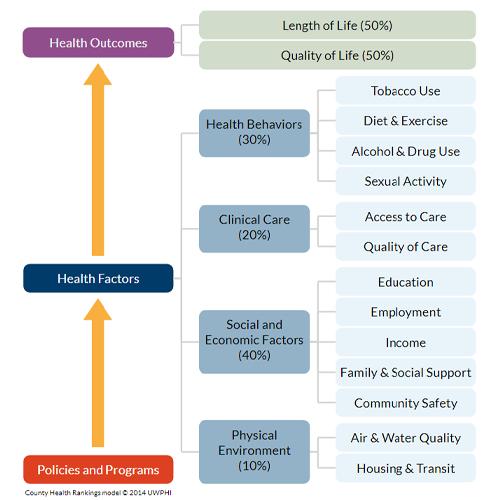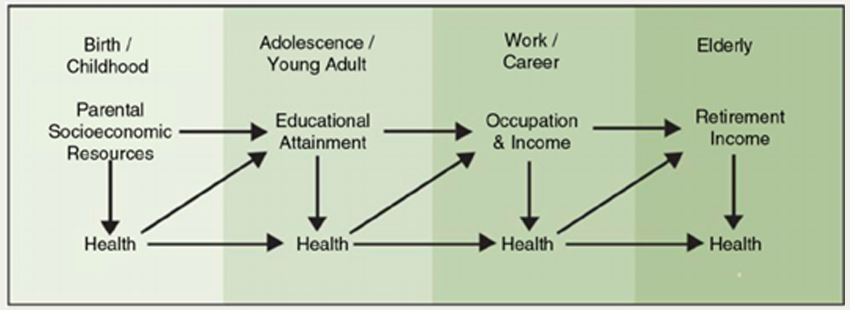
By Natalie LaMonto, Trident United Way AmeriCorps Food Security VISTA
Did you know on average, 24.43% of Tri-County residents have low-income and low access to foods, with some areas having as much as 67.44% of residents having low-income and low access to foods?
 One of my first tasks at Trident United Way was to sift through the data regarding food access in the Tri-County area, which overwhelmingly showed that food insecurity is a very much lived experience in our community. In line with national trends, more and more community members are facing food insecurity, a problem affecting one’s nutritional intake and their quality of life and the data shows it.
One of my first tasks at Trident United Way was to sift through the data regarding food access in the Tri-County area, which overwhelmingly showed that food insecurity is a very much lived experience in our community. In line with national trends, more and more community members are facing food insecurity, a problem affecting one’s nutritional intake and their quality of life and the data shows it.
Of particular concern is the large gap between the number of individuals with low-income compared to SNAP participation rates. In 2019, there was roughly 33.87% of residents living in low-income while only 4.34% of residents were using SNAP in the Tri-County area. That is why Trident United Way has worked diligently to alleviate some of the stress that families in need of food face daily.
Trident United Way is a nonprofit serving the Bekeley, Charleston and Dorchester communities, focused on uplifting individuals to a place of self-sufficiency that is sustainable, where a food pantry is not needed on a regular basis. Our community work focuses on three facets - education, financial stability and health - all of which impact one’s experience with food insecurity and are recognized by Trident United Way as equally important in minimizing this ever-growing challenges. We approach food insecurity this way as we believe that multiple factors, from large systems to individual behavior, affect our ability to consume healthful and fulfilling meals (see graph below).

Why Socioeconomic Status is so Impactful to Food Insecurity:
Socioeconomic status (SES) is heavily based on where one grew up and the opportunities available to that individual for future growth. An individual’s level of food insecurity is impacted even before they are born, as their parent or guardian’s income determines how much food will be available for them. Additionally, an individual’s location and the resources provided, particularly education, influence if a child will be food insecure in their adult life.
Suppose a child is born into a low-income family living in a low-resourced area. In that case, it becomes much harder for them to grow out of food insecurity than a child in a middle-class family, as they already had many setbacks in reaching a self-sufficient standard of living before they are born.

This is all to essentially say: that although food programs help alleviate some symptoms of food insecurity, they do not work at those barriers to education, employment, or any resources that put people in this distressing state in the first place. A holistic approach that covers all these bases is needed to reduce food insecurity in the Tri-County area. Trident United Way shows up as a team ready to help the community through to reduce barriers to a healthy and satisfying life.
Trident United Way and its partners have implemented many programs that provide food and other resources to those in the Berkeley, Charleston, and Dorchester areas to help build individuals to a level of self-sufficiency.
- SafetyNet Assistance Network– addresses basic needs through a growing network of more than 240 organizations that work to improve financial stability within the community.
- For more information on the organizations and services within this network, you can contact Cathy Easley at ceasley@tuw.org or 843-740-7733.
- Resource Connection Centers – two locations where individuals can go to learn about resources available to help them move forward. These centers also have SC Thrive benefits counselors who can help sign you up for federal benefits like SNAP, TANF, Medicaid, Welvista, MIAP, and Healthy Connections Prime.
- Berkeley Resource Connection Center
- 325 E Main Street, Moncks Corner, SC 29461
- Phone: 843-761-6033
- Dorchester Resource Connection Center
- 1325A Boonehill Road, Room 124, Summerville, SC 29485
- Phone: 843-695-4261
- Berkeley Resource Connection Center
- SC 211 – referrals to health and human services
- accessed by calling 2-1-1 from a phone
- visiting sc211.org
- downloading the SC211 app
- texting “food”, “housing”, “electric” or “DSS” to 211211.
 If you need food assistance, multiple services are provided in the Tri-County area to help improve your food access. SC DHEC has created a map where you can locate farmers’ markets and food pantries near you. Furthermore, Lowcountry Food Bank has partnered with Trident United Way, local food pantries, and other meal programs to help distribute fresh fruits and vegetables and shelf-stable items throughout the Lowcountry as well as provide nutrition education materials.
If you need food assistance, multiple services are provided in the Tri-County area to help improve your food access. SC DHEC has created a map where you can locate farmers’ markets and food pantries near you. Furthermore, Lowcountry Food Bank has partnered with Trident United Way, local food pantries, and other meal programs to help distribute fresh fruits and vegetables and shelf-stable items throughout the Lowcountry as well as provide nutrition education materials.
Our goal at Trident United Way is to help serve the community and its needs. A big part of finding out what you all need is hearing directly from you. So, if you would like to voice any thoughts, concerns, or ideas surrounding food insecurity in our community, please do reach out. We are here with open ears.
Interested in learning more about our work with Food Insecurity? Contact Joey Current, Trident United Way Public Health Manager at jcurrent@tuw.org.
